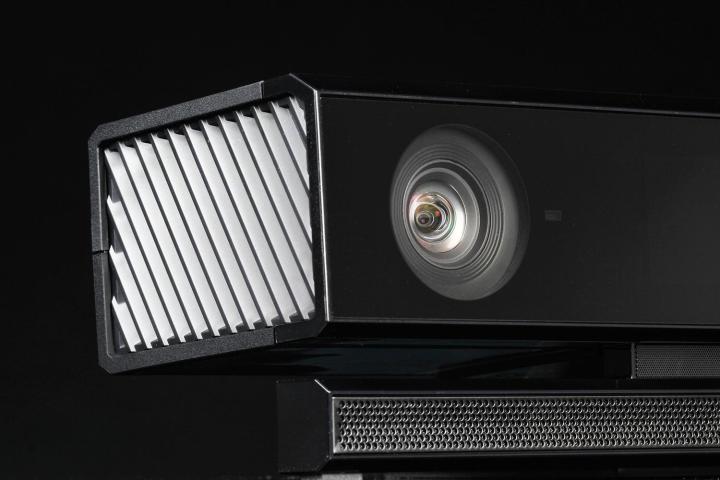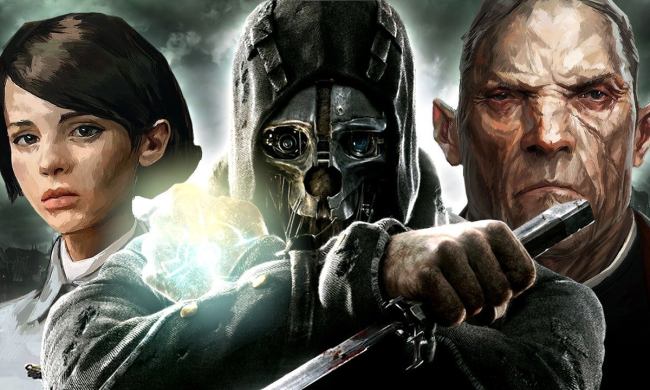
Prior to this week’s closure announcements, the Microsoft Studios website showcased 18 of its in-house developers and gaming initiatives on its front page. The website has since been updated to remove all mention of Lionhead, Press Play, and five other studios, many of which were tied to Kinect-based projects.
Developers scrubbed from the Microsoft Studios website include BigPark, Good Science, [Fun]ction Studios, Leap Experience Pioneers (LXP), and SOTA. Microsoft additionally deleted links to its Project Spark game-creation app after halting development of all future downloadable content and releasing its creative elements for free in 2015.
Microsoft previously acquired Canadian studio BigPark in 2009 in order to spur development of games for its inbound Kinect peripheral. The team made its Xbox 360 debut in 2010 with the launch of its motion-controlled driving game Kinect Joy Ride, and later worked on an Xbox Live Arcade follow-up, Joy Ride Turbo, and the sports-themed minigame compilation Kinect Sports: Season Two.
Good Science Studio, also acquired by Microsoft in 2009, developed the Kinect pack-in title Kinect Adventures, which gave early adopters a free look at the peripheral’s capabilities. Good Science later released the free-to-play Kinect Fun Labs as a downloadable app for the Xbox 360, and worked with Terminal Reality during the creation of the widely panned Kinect Star Wars.
Developers Leap Experience Pioneers, [Fun]ction Studios, and SOTA had also worked on unannounced Kinect projects before shifting focus to Microsoft’s upcoming HoloLens peripheral.
Prior to the launch of the Xbox One, Microsoft pushed the platform’s improved Kinect sensor extensively, promising that players could expect many innovative motion-sensing games from its partnered studios in the coming years. Following a fan backlash over console pricing and privacy concerns, the once-crucial Kinect was demoted from a platform requirement to an optional accessory, and Microsoft no longer bundles Kinect hardware with Xbox One consoles.
Microsoft has not acknowledged the recent removals from its Microsoft Studios website, and the fate of affected studios is currently unknown.


